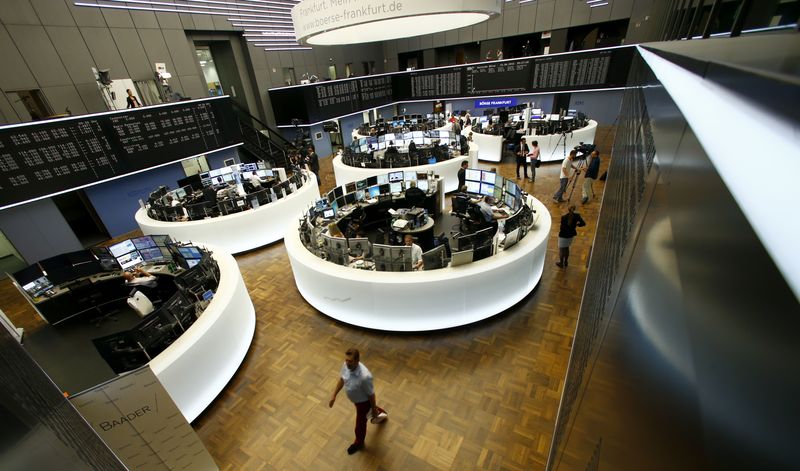Here are 7 things you might not know about European stocks, according to UBS

Global investors have been paying closer attention to European markets in recent months, as traders partially look to take advantage of the region’s cheaper valuation relative to frothy U.S. names.
In a note, analysts at UBS argued that the narrative around European equities has been expanding beyond luxury sector stocks and chip equipment maker ASML, which were prevalent “growth stories” in the decade prior to a worldwide financial crisis more than a decade ago.
Against this backdrop, they recently upgraded their year-end target for the pan-European Stoxx 600 index to 600. On Friday, it closed at 554.52.
“The region is undergoing a transformation that provides plenty of underappreciated opportunities — defense spending beneficiaries and banks have become opportunities with global recognition but there is still more to Europe to discover,” they wrote.
They highlighted both the financials and industrials sectors, flagging that the two now account for 42% of the European index. As a result, the analysts said, the region has become exposed to more cyclical economic trends, although quality and growth metrics have not materially decreased. This was “a testament to Europe’s broader quality improvement” in recent years, they said.
Risk-adjusted alpha, or the excess return of an investment or portfolio over a benchmark index, and shareholder yields remain elevated in Europe as well, they said, adding that this provides “downside protection.”
Meanwhile, stimulus-sensitive sectors, such as manufacturing, are beginning to expand, with sector activity data pointing to the end of a three-year soft patch and the start of a new cycle, the analysts said.
At the same time, European governments are increasingly embracing innvovation funding and broadening an effort to improve competitiveness of local businesses, they said.
Specific sectors, such as utilities, are delivering growth upgrades at “attractive” valuations, benefiting from electrification, regulatory support and disciplined capital allocation, they added.
Telecommunications firms are another “under-appreciated” beneficiary of tax relief, infrastructure investment, and digitial sovereignty initiatives in Europe, “creating structural tailwinds that are not yet fully priced in,” the analysts said.
Europe’s pharmaceuticals sector is also at its cheapest in 15 years, fueled by pipeline catalysts and fading political risks, they argued, adding that this sets the segment up for a re-rating.





